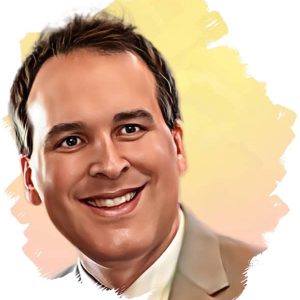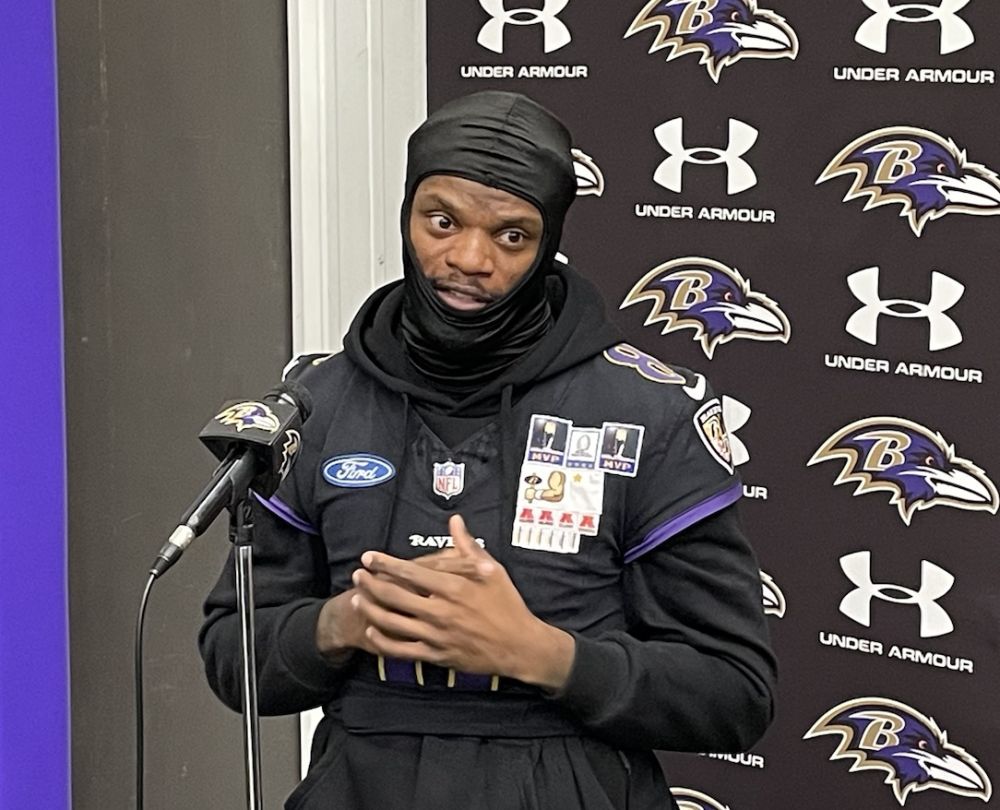Broadcasters are synonymous with their baseball teams more than in any other sport.
With apologies to a handful of legends from the other professional sports—Chick Hearn’s patented “Slam dunk!” and Hall of Fame career as the voice of the Los Angeles Lakers and Marv Albert’s years with the New York Knicks and recognizable “Yes!” just to name a couple—the leisurely pace of the national pastime lends itself to extensive conversation, ranging from discussion of strategy to simply spinning yarns about the game’s eccentric characters and rich history.
In many cases, the men who called these games for the hometown team were more popular than 98 percent of the players to take the diamond. General managers, managers, and players come and go, but the legendary broadcaster leaves his stamp on multiple generations of baseball fans.
You’re likely to find more fans remembering the colorful Harry Caray than they would Ernie Banks when mentioning the Chicago Cubs.
Few can name more than a handful of Dodgers from the 1980 season, but all Dodgers fans recall the soothing voice of Vin Scully emanating from a transistor radio in Chavez Ravine on a midsummer evening 30 years ago.
And here in Baltimore, the late—but never forgotten—Chuck Thompson’s “Go to war, Miss Agnes!” and “Ain’t the beer cold!” are still uttered with reverence so many years after the Hall of Fame broadcaster called his final games for the Baltimore Colts and Orioles.
With Monday’s announcement of Jon Miller receiving the 2010 Ford C. Frick Award and subsequent invitation to Cooperstown this July, Baltimore watches from afar as another Hall of Fame broadcaster who should have remained its own will instead be honored in his hometown of San Francisco in the coming months. Of course, Miller has earned national acclaim for his 20 years as the voice of ESPN’s Sunday Night Baseball, but only in San Francisco can baseball fans hear the soothing voice and sharp wit from Miller on a nightly basis.
And for that, Baltimoreans have been wronged.
[youtube]http://www.youtube.com/watch?v=0j40hUOlXDc[/youtube]
It’s well-chronicled how far the Orioles have fallen from grace under the ownership of Peter Angelos over the last 18 years (and even before that under previous ownership), but the failure to retain Miller following the 1996 season was just a taste—undoubtedly, a rancid one—of what was to come here in Baltimore. Running a nationally-respected broadcaster out of town will raise a few questions from even the most casual of baseball fans.
The circumstances behind Miller’s departure have been recounted before as Angelos cited a desire to find a broadcaster who would “bleed more orange and black.” Miller’s contract wasn’t renewed, and the esteemed broadcaster departed for the Bay Area where he became—and still remains—the voice of the San Francisco Giants.
Jim Hunter, from CBS Radio and a New Jersey native, was chosen as the man that would “bleed more orange and black” even though he had no substantial experiences in Baltimore. While Hunter called a decent game, it became more apparent how much Angelos wanted to control the message as the Orioles continued to plummet into obscurity in the coming years with nary an eyelash batted from Hunter or the rest of the broadcast team employed by the Orioles owner.
Meanwhile, Orioles fans still had the privilege to listen to Miller on Sunday nights, but it was also a reminder of what they no longer had and how the once-proud franchise was declining in a variety of areas.
In reality, even if Miller had been retained following the 1996 season, it was only a matter of time before the distinguished broadcaster would have seen the writing on the wall and realized his “tell it like it is” style would not have been accepted as the franchise continued to control its message in the new century and pursued its regional cable network MASN and exclusive-rights deals with the flagship station. Perhaps Miller saw what was ahead under Angelos and escaped before it became unbearable.
However, as the Orioles approach their 14th season following Miller’s departure, the notion of him not “bleeding orange and black” being the primary reason for his termination is as ridiculous today as it was in 1996.
If Angelos had simply stated the organization was moving in another direction due to Miller’s contract demands or pressure from advertisers, perhaps the separation would have been a bit more palatable, though still undeserved. Future Hall of Fame broadcasters aren’t let go for such superficial reasons.
Yes, Miller had previously worked in Oakland (1974), Texas (1978-79), and Boston (1980-82) before arriving in the Charm City in 1983, but you’d be hard-pressed to find anyone claiming Miller had no desire to remain in Baltimore after spending 14 seasons as the voice of the Orioles, even if his hometown Giants had come calling. For all intents and purposes, Miller had become my generation’s Chuck Thompson, and I’ll remind you that Thompson was not a native Baltimorean either (born in Massachusetts and grew up and got his broadcasting start in Reading, Pa.).
As a member of the “tweener” generation (post-Colts and pre-Ravens), the voice that I listened to so many summer nights during my childhood was Miller’s, as Thompson had sadly already entered semi-retirement, his best work behind him. I can vividly recall the night when Billy Ripken and Randy Milligan collided in pursuit of a ground ball in Kansas City. Though I was supposed to be asleep, my father came into my bedroom to share what had happened (the original “Moose” was my favorite player at the time for some unknown reason). However, he found his seven-year old son almost in tears, listening to Miller’s call on the radio underneath the covers.
As good as he is describing the action, Miller’s sense of humor is second to none in baseball circles. Who can forget the occasions during a rain delay or 10-1 blowout in which Miller would do an entire inning as “Vin Scully?” First-class comedy. Regardless of the outcome, he made listening to games fun, as it’s supposed to be.
I turned down the sound of televised Orioles games and did my own play-by-play at the age of 10, copying Miller’s trademark phrases such as “Tell it goodbye!” or “To second for one. Back to first. . .Two! A double play!” To my young ears, Miller was the voice of Orioles baseball, and his was the one I wanted to emulate. He was as “Baltimore” to me as Thompson, Charley Eckman, and Vince Bagli had been to prior generations.
This was never more apparent than a Saturday trip to the Hunt Valley Mall in the early 90s with my father. Venturing to one of the mall’s toy stores, we randomly bumped into Miller and, presumably, his son. My dad, the biggest Orioles fan you’d ever know, obviously said hello, and the two proceeded to talk about Orioles baseball for the next 45 minutes while the two kids played in the toy store.
It wasn’t a paid appearance, an autograph signing, a forum at FanFest, or another work obligation. Miller and my dad were simply two knowledgeable baseball fans talking about the hometown team. If that wasn’t a perfect example of Miller’s loyalty to the franchise—and its fans—you’ll never find a broadcaster that bleeds any color for any team.
Miller, just like countless Orioles fans who have painfully experienced the last 12 years of losing, simply tells it like it is, and sometimes, the truth hurts.
But it doesn’t mean you bleed any less orange or black.
It’s too bad Miller had to move on to “bleed orange and black” in San Francisco after 14 memorable seasons in Baltimore.
Luckily for him, and unfortunately for Orioles fans, he got the better end of the deal.
His tremendous career has finally led him to Cooperstown while Orioles fans can only listen—and reminisce—from afar.






















